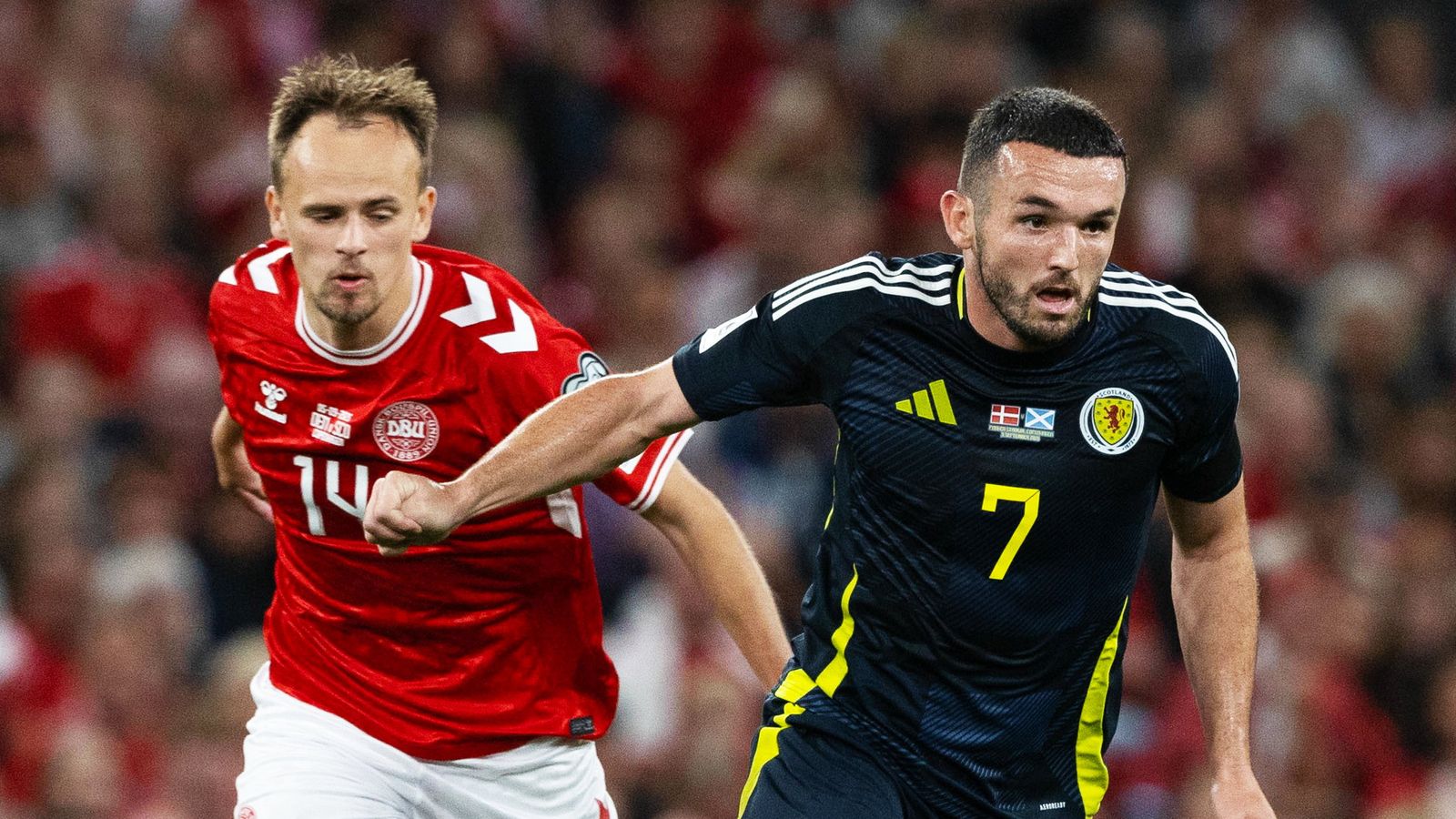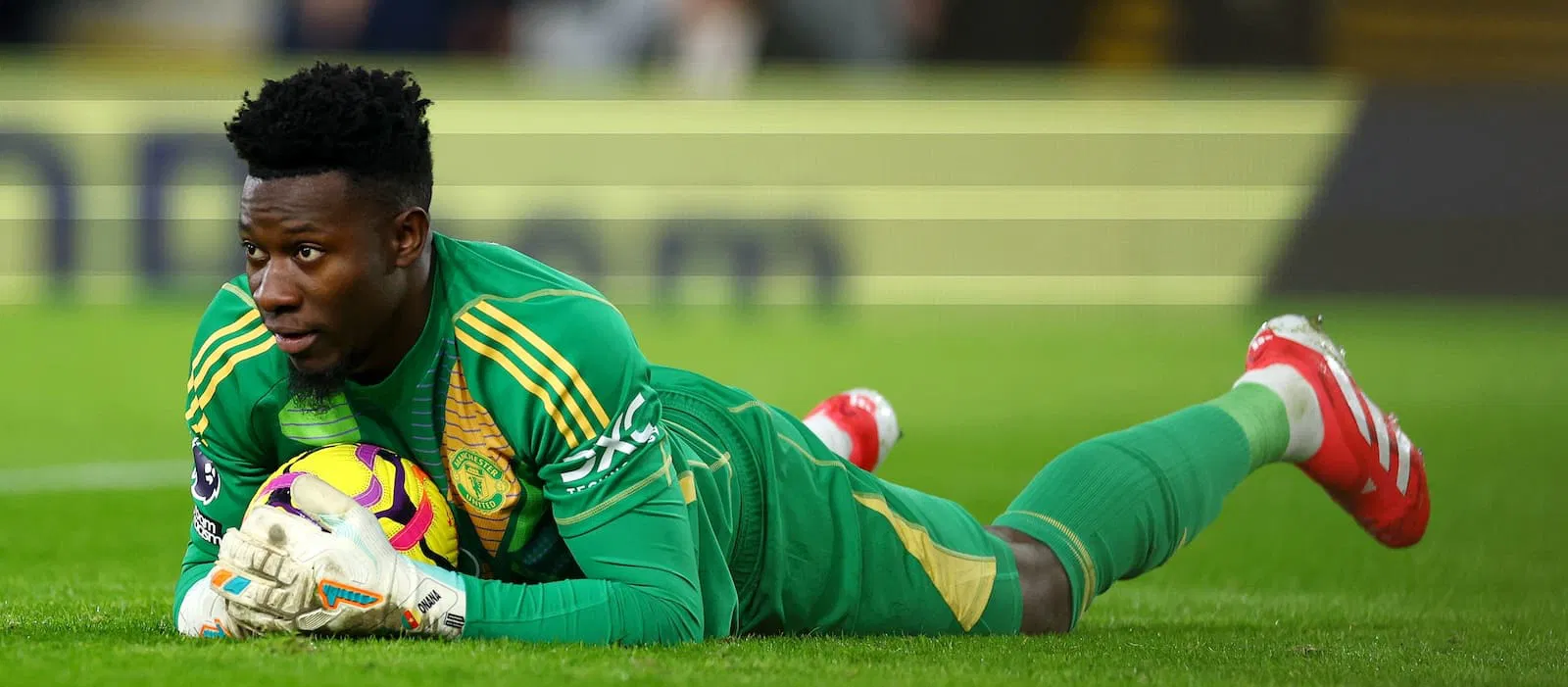Scotland began their World Cup 2026 qualifying campaign with a hard-fought and fully deserved 0-0 draw against Denmark at Parken Stadium in Copenhagen. In a game where the hosts were expected to dominate, Steve Clarke’s side showed resilience, tactical discipline, and moments of attacking threat that could easily have delivered all three points.
The absence of Christian Eriksen was the major talking point before kick-off. Denmark’s 33-year-old midfield maestro, currently without a club, was omitted from the squad, and his creativity was badly missed. Despite enjoying long spells of possession, Denmark struggled to break down Scotland’s compact shape and left the pitch to the sound of boos from their home supporters.
Scotland, meanwhile, earned applause from their travelling fans after producing one of their most composed away performances under Clarke. The manager surprised many by starting with two strikers, Lyndon Dykes and Che Adams, a decision that unsettled Denmark’s defence and provided Scotland with genuine outlets on the counterattack.
The first big chance of the night fell to John McGinn, who somehow scuffed wide from close range after a deep corner fell kindly at the back post. Moments later, Ryan Christie and Adams both went close as Scotland’s confidence grew. Denmark, though dominant in possession, failed to register a clear first-half chance until Kasper Dolberg was denied by Scotland goalkeeper Angus Gunn.
The second half followed a similar pattern. Scotland defended deep but were not passive; McGinn, Christie, and McTominay pressed high when opportunities arose. McTominay almost found the breakthrough, weaving through Denmark’s defence before his effort was blocked by the legs of Kasper Schmeichel. Dykes also squandered a golden chance when set up by Adams, hesitating inside the box and allowing Rasmus Kristensen to make a vital block.
Denmark’s best opportunity came from Pierre-Emile Højbjerg, whose low shot was deflected narrowly wide. Substitute Rasmus Højlund, fresh from a loan move from Manchester United to Napoli, failed to change the game after being introduced in the second half. By the closing stages, frustration was evident among the Danish players and fans alike, while Scotland grew in belief that they could hold out for a point.
In the end, Clarke’s men celebrated a result that could prove vital in a competitive group. Greece, who thrashed Belarus 5-1, moved top of the standings, but Scotland’s defensive organisation and attacking intent suggested they will be serious contenders.
Speaking after the game, Clarke praised his players: “It was a disciplined performance, and we showed bravery to come here with two strikers. If we had been more clinical, we could have taken all three points.”
For Scotland, the draw feels like a platform to build on. For Denmark, the pressure is already mounting. Without Eriksen’s guile, their attack looked blunt, and they will need to improve significantly if they are to reach World Cup 2026 in the USA, Canada, and Mexico.


